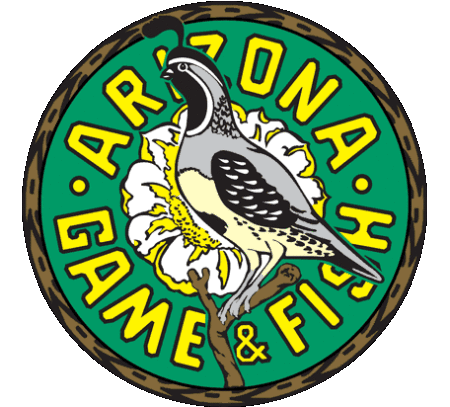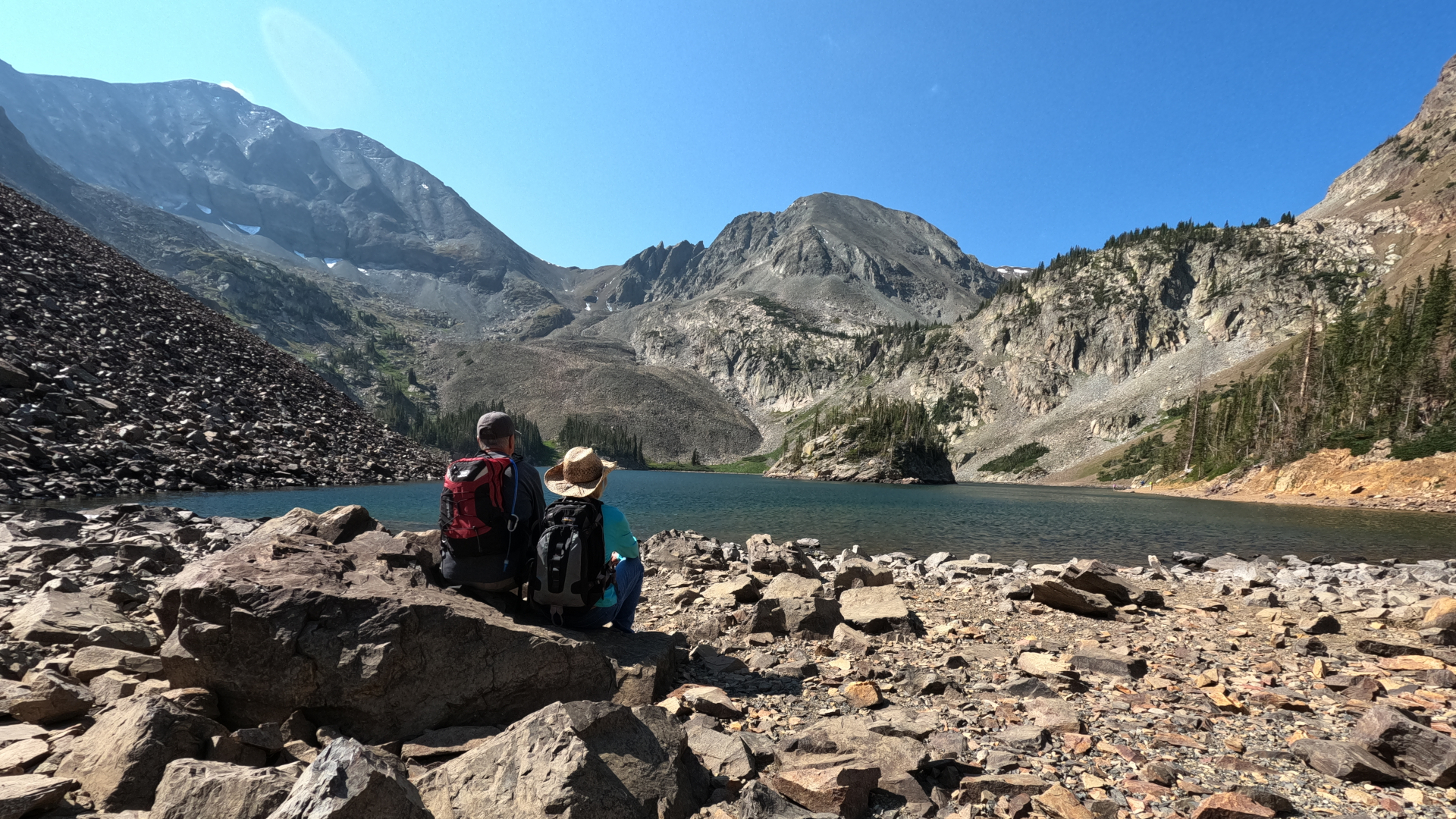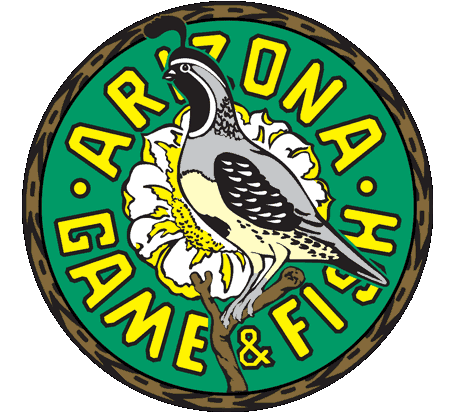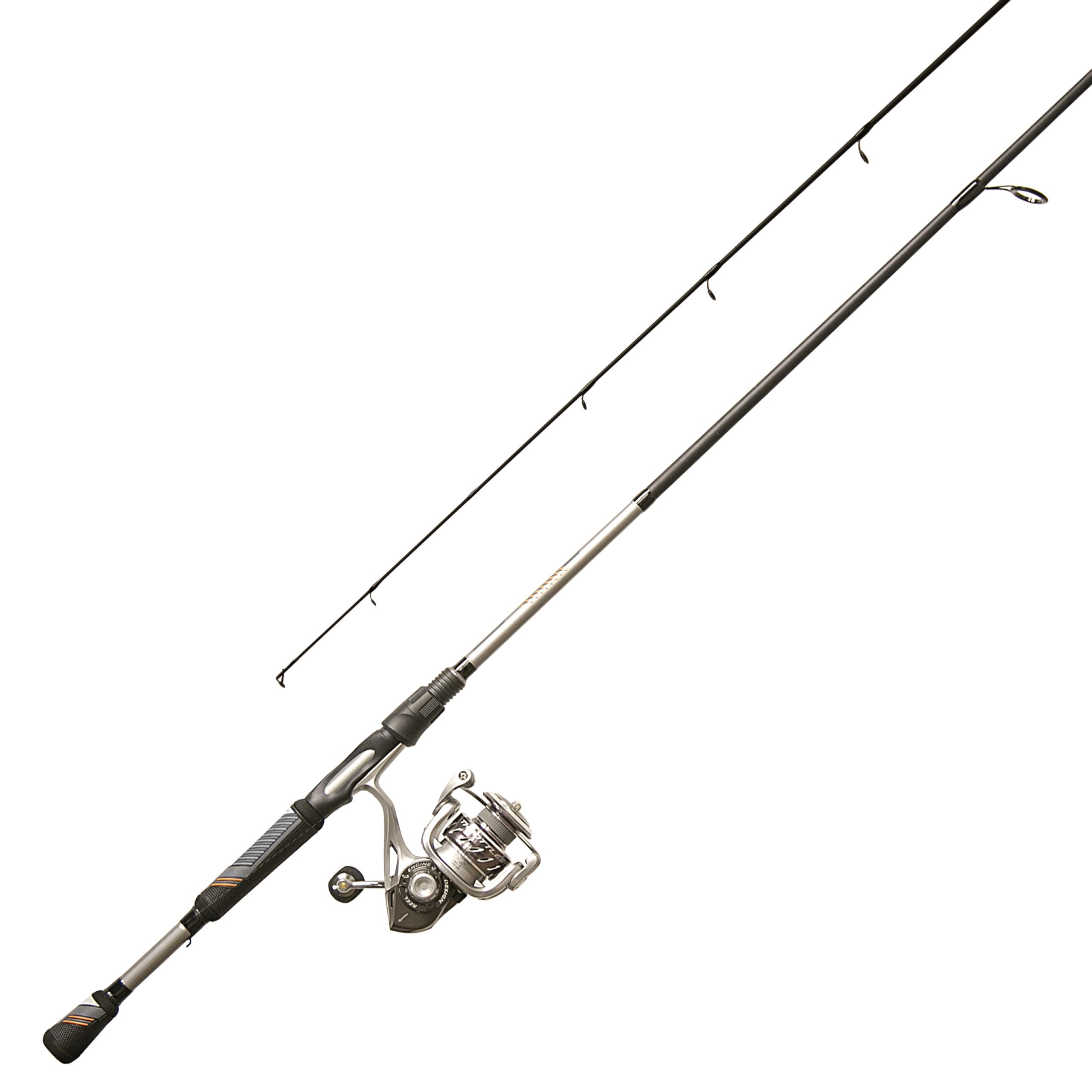for the most part and provide a summary of the top news stories of
2007. Details about these topics can be found in the department’s
online news archive. Please note that TPWD will not be distributing
weekly news during the coming holidays. Weekly news distribution will
resume on Jan. 14, 2008. Happy Holidays!
– Lake Mohave
Increased State Park Funding Brings Positive Changes
AUSTIN, Texas — State park visitors will notice better maintained
park facilities, more interpretive programming, reopened campgrounds
and trails, and better customer service thanks to lawmakers and voters
who gave a strong thumbs-up to more funding for parks. Already, many of
the more than 200 new state park employee positions have been filled,
repairs of long-neglected facilities have begun or will soon begin, and
days and hours of park operations are being extended. The 80th Texas
Legislature passed House Bills 1 and 12 that provide $25.6 million for
park operations and the hiring of park staff during the 2008–09
biennium. Lawmakers also appropriated roughly $52 million in bonding
authority to fund major state park repairs, sending the measure to
voters for approval as required by law. On Nov. 6, voters approved that
constitutional measure, Proposition 4, which allocates $25 million to
dry-berth the Battleship Texas to ensure its long-term preservation and
another $27 million for major infrastructure repairs throughout the
eight state park regions.
Game Wardens Fall in the Line of Duty
FREEPORT, Texas — The site formerly known as Peach Point Wildlife
Management area was formally rededicated as the “Justin Hurst WMA” in
recognition of the game warden and former wildlife biologist who was
killed in the line of duty earlier this year. As a Texas Parks and
Wildlife Department biologist, Hurst devoted six years to the
15,612-acre WMA known for its lush wetlands and coastal plains
harboring waterfowl and other wildlife. As Peach Point’s area manager
he was instrumental in the development of many waterfowl conservation
projects on the site, including mottled duck research. Hurst started
his career with the Texas Parks and Wildlife Department as a biologist
in August 1995 specializing in waterfowl management along the
mid-coast. Hurst became a part of the 48th Texas Game Warden Academy
and graduated in August of 2002. While at the academy, Hurst shared his
knowledge about waterfowl with fellow cadets and taught duck
identification techniques. On March 17, Hurst’s 34th birthday, he was
killed while attempting to apprehend a suspected poacher. The Justin
Hurst WMA becomes the fourth wildlife area in Texas dedicated to a
fallen game warden.
GLEN ROSE, Texas — Texas Game Warden Teyran “Ty” Patterson, 28, died
in the line of duty May 30 during a search-and-rescue operation on the
Paluxy River. Patterson drowned after his boat capsized in floodwaters.
Patterson and his partner, Game Warden Danny Tuggle, were attempting to
recover the body of a suspected drowning victim where the Paluxy River
crosses FM 205 in Somervell County. Patterson earned his Bachelor’s
degree in criminal justice from Texas State University, and was a
graduate of the 51st Texas Game Warden Academy in 2005. On June 4, some
2,000 people, including hundreds of game wardens and other peace
officers, friends and family members, filled the Seguin-Guadalupe
County Coliseum to standing room-only capacity for Patterson’s funeral.
He was the second Texas game warden killed in the line of duty in less
than three months. Since 1919, 17 Texas game wardens have lost their
lives in the line of duty, five by drowning.
Carter Smith Named TPWD Executive Director
SAN ANTONIO, Texas — Carter Smith was named executive director of
the Texas Parks and Wildlife Department on Dec. 5 at a special meeting
of the TPW Commission in San Antonio. Smith will be leaving the helm
at The Nature Conservancy of Texas to take the top job at TPWD. Smith
has been with The Nature Conservancy of Texas since 1998 and has been
the state director since 2004. Smith is a native of Central Texas and
began his career in 1992 at the Texas Parks and Wildlife Department as
a management intern, assisting in the Private Lands and Public Hunting
programs. He has a wildlife management degree from Texas Tech and a
master’s degree in conservation biology from Yale University. Smith
will replace Robert L. Cook, who retired Aug. 31.
Texas Clipper Sunk as Artificial Reef
AUSTIN, Texas — A ship with three lives — World War II troop
transport, New York City luxury liner, and sea cadet training vessel —
made her final journey this fall. On Nov. 17, the Texas Clipper was
sunk in the Gulf of Mexico off South Padre Island to become an
artificial reef. The 473-foot vessel was launched in 1944 as the USS
Queens, a WWII transport and attack ship. After the war, she was
recommissioned as the SS Excambion, carrying passengers in grand style
between New York City and Mediterranean ports until 1958. From
1965–1994, she was the USTS Texas Clipper, a Texas A&M
University—Galveston maritime training vessel. The ship ended up
resting on its port side instead of upright, where it would have been
more accessible to divers of various experience levels. Regardless, the
complex, durable structure is still expected to form the foundation of
a vibrant marine invertebrate community, sustaining recreationally
important “bottom” fish like snappers and groupers and pelagic species
like cobia and king mackerel. As an artificial reef, the ship is also
expected to generate millions of dollars in diving and angling tourism
for local economies over a lifespan of at least 50 years.
New Texas Regulations To Protect Wild Turtles, Nongame Wildlife
AUSTIN, Texas — The Texas Parks and Wildlife Commission on May 24
approved a measure that will prohibit commercial collection of all wild
turtles from public waters and public land in the state, but will still
allow collection of three varieties of turtles on private property,
including ranch stock tanks and farm ponds. The turtle provisions are
part of new Texas nongame regulations that create a “white list” of 84
species which can be collected and sold and prohibit the commercial
collection of all other nongame animals not on the list. The new
regulations are designed to help monitor and regulate the escalating
commercial collection and sale of wild turtles, snakes, and other
nongame animals (species not covered under hunting and fishing
regulations) in Texas. The change will protect at least 15 species of
turtles and more than 200 other nongame wildlife species that are not
on the white list. Besides new reporting and documentation required
under the new white list regulations, the department is contracting
with Texas A&M University to begin researching the issue this fall.
Starting Sept. 1, the university research team began a study of the
nongame wildlife trade which will ultimately yield recommendations for
long-term monitoring.
New Paddling Trails Open in Bastrop and Goliad
BASTROP, Texas — City and state officials came together Nov. 3 to
officially launch the newest Texas Paddling Trail. El Camino Real
Paddling Trail is a six-mile long route along the Colorado River that
begins at Fisherman’s Park in downtown Bastrop. The trail will become
the fourth inland paddling trail in Texas. To celebrate the launch, the
City of Bastrop also hosted NatureFest, a day-long celebration of the
rich outdoor ecosystem that encompasses the Lost Pines Region of Texas.
GOLIAD, Texas — Paddling and nature enthusiasts celebrated the
official opening of the newest Texas Paddling Trail in historic Goliad
April 25. Officials from the Canoe Trail Goliad Committee, the San
Antonio River Authority and the Texas Parks and Wildlife Department
will participate in a ribbon-cutting ceremony at Goliad State Par. The
newly designated 6.6 mile segment of the San Antonio River in Goliad
County becomes the state’s third inland paddling trail — the first on a
Texas river that is anchored by a state park. The Goliad Paddling Trail
is the culmination of several years’ work by the Canoe Trail Goliad
committee, SARA and TPWD and is the second paddling trail to come
online this year.
The Texas Paddling Trails program was created to develop public
inland and coastal paddling trails throughout the state and support
these trails with maps, signage and other information. The trails
provide well-mapped accessible day trips in a variety of settings for
all levels of paddling experience. There are currently seven coastal
paddling trails in Texas, and the Bastrop trail will be the fourth
inland paddling trail, with several communities in the process of
applying for participation in the program.
Boaters Reminded ‘Nobody’s
Waterproof,’ Safety Encouraged
AUSTIN, Texas — Texas had 47 boating fatalities in 2006, surpassing
40 for the first time since 2002, when the state led the nation with
61. Most of those tragedies were preventable, since on average 85
percent of boating fatality drowning victims who drowned were not
wearing a life jacket when recovered. With those sobering facts in
mind, the Texas Parks and Wildlife Department and its partners launched
a fresh public education and water safety initiative. The new approach
enlists country music star Kevin Fowler, who’s come on board to help
connect with a key target audience. “Nobody’s Waterproof™” is a fun,
interactive social marketing campaign targeting 18-to-34-year-old
boaters, especially young men, whom statistics show are most at risk.
It is sponsored by Texas Parks and Wildlife Department (TPWD) and Lower
Colorado River Authority (LCRA). The campaign was developed in 2006 by
LCRA and EnviroMedia Social Marketing, Inc. and has won state, regional
and national awards. This year, through an agreement with LCRA, TPWD is
working to expand the initiative outside the Colorado River watershed
to other Texas metropolitan areas.
Million Dollar Bass Tourney Comes to Top Texas Lake
LINDALE, Texas — Lake Fork is undisputedly the top largemouth bass
lake in Texas, maybe in the world. But until this year it has been
notably absent from the national bass fishing tournament schedule due
to stringent slot limits. April 13–15, the Toyota Texas Bass Classic
brought to these waters 160 professional anglers and a $1 million
purse. The three-day event featured activities for the entire family
and $250,000 in proceeds to benefit Texas Parks and Wildlife Department
youth fishing and outreach programs. Other tournaments have requested
variances to the lake’s slot — currently 16–24 inches — and been
denied. The Toyota Texas Bass Classic instead worked with TPWD
officials to design a tournament that worked with the existing slot
limits. The first place team prize was $250,000 and the angler who
catches the biggest bass of the tournament will win a 2007 Toyota
Tundra pickup. Any angler who beats the current state record — an
18.18-pound fish caught on Lake Fork in 1992 — will also win $100,000
and a new boat. It’s the richest no-entry-fee tournament in history.
Caprock Canyons State Park Unveils New Visitor Center
QUITAQUE, Texas — Caprock Canyons State Park celebrated its 25th
anniversary and the grand opening of its new $1 million visitor center
with a host of activities Oct. 19–20 at the park. The 4,400-square-foot
Visitor Center is part of a major park project that also includes a new
group meeting pavilion, adjacent bison viewing platform overlooking the
Texas State Bison Herd pasture, wayside signage, a parking lot and
24-hour restrooms. Exhibits to be installed later inside and outside
the Visitors Center will interpret outstanding park features. The
visitor center also includes a State Park Store, storage space, lobby
and registration area and park administrative offices. In addition, the
project includes a park map, interpretive panels on bison conservation
at the overlook and panels offering in-depth interpretation of park
geology, selected park areas and various trails.
Cronkite Narrates “Texas The State Of Springs” Documentary
AUSTIN, Texas — In parts of Texas, springs have ceased flowing.
Once-mighty water sources like Comanche Springs in Fort Stockton have
run dry from over pumping. Aquifers are increasingly scrutinized by
regulators and irrigators who nervously watch well pumps and water
tables. Against this backdrop, the Texas Parks and Wildlife Department
aired its latest video documentary about water resources. “Texas the
State of Springs” aired Feb. 15 on Public Broadcasting Service (PBS)
stations statewide. The one-hour TV program is part of a broader TPWD
public information initiative that began with a special water resource
issue of Texas Parks & Wildlife magazine in July 2002 and
continuing every July since. The initiative also includes radio,
Internet and other components. Broadcast news legend Walter Cronkite
will again lend his distinctive voice to this latest project, as he did
for TPWD’s last water resource TV documentary “Texas: the State of
Water — Finding A Balance” in 2005.
– Lake Mohave








0 Comments